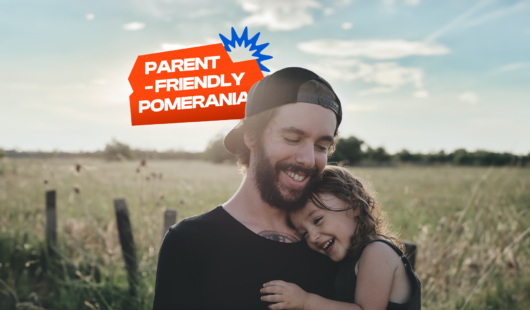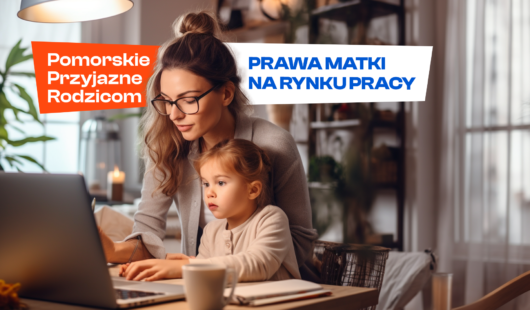When we talk about an increased risk group, we mean both elderly people and children. Statistically, the COVID-19 virus is less frequently detected in children or the symptoms are so mild that parents do not report their child to the hospital. Nonetheless we should be careful.
As part of domestic prevention at your own home, below are some important rules that should apply to both adults and children. More detailed information can be found on pages such as https://www.gov.pl/web/koronawirus
How to protect yourself against germs?
It’s no secrect that it is children who spend most of their time in an environment where the most microorganisms can be found. Playing with shared toys, not washing hands before eating, being in contact with sick children – these are just some of the reasons for children getting infections. Therefore, it is worth following the rules below to reduce the risk of your children getting sick:
- Thorough hand washing – children often forget this, but as an adult you should show them that they can actually like to wash their hands. In order for thir hands to be washed long enough, it is worth suggesting to sing their favorite song while performing the activity;
- A healthy diet and sleep – parents should ensure that their children eat and get enough sleep. In this way they will strengthen their immune system;
- Protection in public places – children tend to reach for everything that is in their sight. Parents should teach them against this behavior if possible.
Alarm: cough and runny nose!
If the parent notices the child’s symptoms such as coughing or runny nose, they should call their GP. If they are unable to examin the little patient within the reasonable time period or the symptoms are worrying the parents, they should make sure that:
- the child is properly hydrated – regularly drinks water or tea. You can put a humidifier in the room where you sleep;
- the child does not have a fever – if the child has a high temperature, you can give them a cold compress or use drugs containing paracetamol;
- to rest properly.
The following are also symptoms that should worry a parent:
- breathing problems;
- constant cough;
- excessive drowsiness;
- signs of dehydration: dry mouth, no tears when crying, no urination for at least 6 hours;
- high fever that cannot be beaten.
Use the helpline
In the case of worsening symptoms, we advise you to contact the appropriate services, e.g .:
Gdańsk Branch of Border Sanitary-Epidemiological Station – nr. (+48) 587763200 (+48) 583447300 or emergency call – (+48) 605602195
National Hotline NFZ (National health Fund) – 800 190 590
112
Your health and the health of your loved ones is the most important! Follow recommended recommendations given by relevant services.






